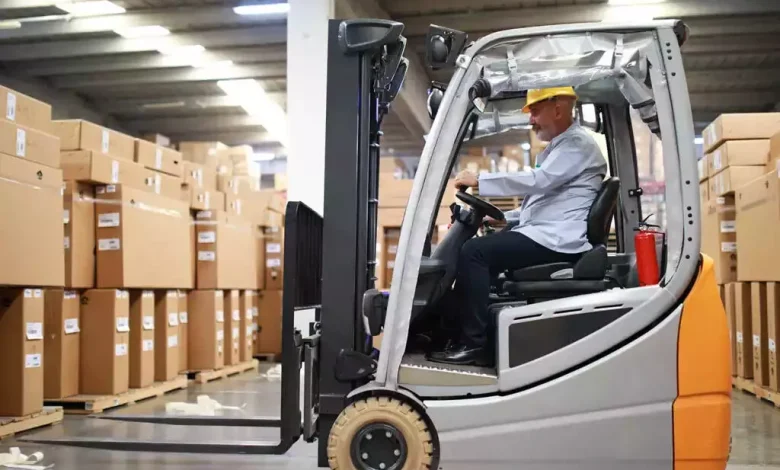Strict protection rules proposed for vehicles

Business Business. The Centre is set to impose stricter safety standards on electric construction equipment as the industry gears up for a green transition. The Ministry of Road Transport and Highways (MoRTH) has proposed new rules under which all electric construction vehicles, including dumpers and excavators, will have to meet stringent safety standards from October 1, 2024. The draft notification published on August 14 proposes amendments to the Central Motor Vehicles Rules, 1989. The amendment will introduce a new rule, 125-O, which mandates compliance with Automotive Industry Standard (AIS) 174, covering battery safety, electrical system and overall vehicle construction. “Electric power train construction equipment vehicles… shall meet the requirements specified in AIS174, until the relevant Bureau of Indian Standards (BIS) specifications are notified under the Bureau of Indian Standards Act, 2016,” the draft rules say. The move comes at a time when India is promoting electric vehicles across various sectors. The government is considering including electric construction equipment in its Faster Adoption and Manufacturing of Electric Vehicles-III (FAME-III) scheme that offers subsidies for electric vehicles. The new safety rules are aimed at protecting both workers working at construction sites and the general public. The electric construction vehicle market is still in its infancy, but the government wants to establish strong safety norms from the start.
The new rules are being introduced at a time when major companies are starting to make electric dumpers, earth-moving equipment and other construction vehicles, a senior government official said. The introduction of these safety standards is a pre-emptive move to ensure safety in the sector. The official familiar with the development said, “We want OEMs to launch vehicles equipped with all the required safety standards. Moreover, to qualify for government subsidies, OEMs have to meet these safety requirements.” According to vehicle data from the Ministry of Road Transport and Highways, over 51,000 construction equipment vehicles were sold in calendar year 2024, but only one of them was electric.
Safety paramount Sector experts said the implementation of AIS-174 will prioritise the safety of both operators and pedestrians at construction sites. Additionally, manufacturers will need to make significant investments to meet the stringent safety requirements. The standard outlines specific regulations for the design, manufacture and performance of electric vehicles, including battery safety, electrical systems and charging infrastructure. The inclusion is also expected to reduce emissions and noise pollution, making construction sites more environmentally friendly. Pritesh Singh, CASE and Alternative Powertrain Specialist, NRI Consulting & Solutions, said, “By prioritising stringent safety measures from the outset, the government is not only protecting workers and the public, but also promoting innovation within the industry. However, for any policy change, the government should give companies enough time to comply, which will also prevent the industry from seeking further extensions.” The sector expert added that as manufacturers prepare to meet these new requirements, there is likely to be substantial investment in research, development and compliance, which could further boost innovation in the sector.





